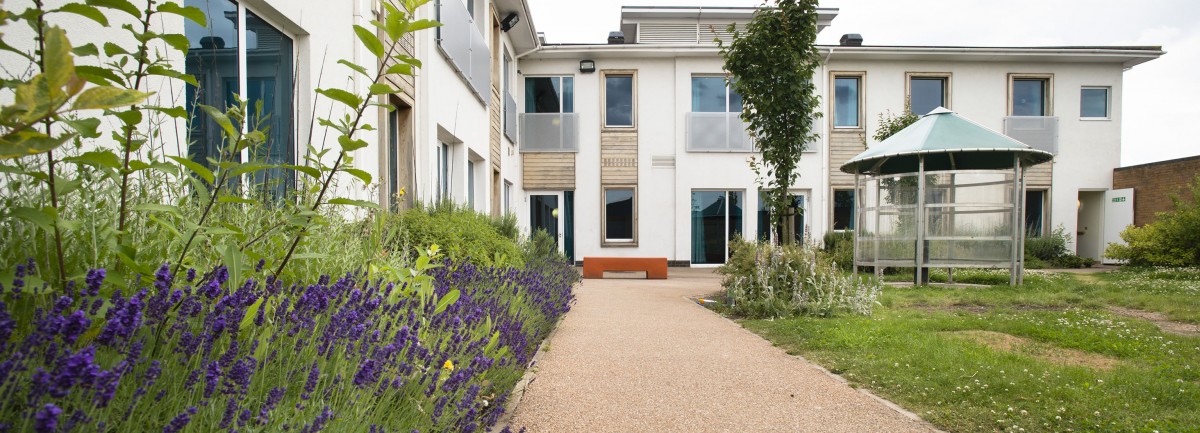Contact us
 Refer now
Refer now

Hurst
Men's Mental Health Pathway
A low secure service for working age men, providing assessment, rehabilitation and recovery service.
Hurst is a 16 bed ward in Birmingham which is a specialist mental health in-patient service. As an assessment and rehabilitation ward, referrals may come from NHS partners, low and medium secure or other independent sector hospitals. Hurst ward may receive referrals from medium secure services, for patients who are stepping down the care pathway. The patient group has diagnosed mental disorder and a history of challenging or risk behaviours towards themselves and/or others. As such, referrals for this 16-bedded ward are carefully considered to enable management and safety of the existing patient group.

Outside courtyard area

Day area on Hurst ward

Snug room on Hurst ward
Men aged 18-65 who have:
These criteria are a guide for assessing suitability. Each patient will be individually assessed by our dedicated team.
The ward is managed on a multi-professional basis with input from nursing and medical staff, social workers, occupational therapists, speech and language therapists and psychologists.
Facilities on the ward enable the patient’s opportunities for self-care and domestic duties such as cooking, maintaining their own environment, budgeting as well as education. The ward is sited within its own secluded grounds in which the residents can walk or participate in horticultural/ gardening supervised activities.
With a structured daily programme, all service users are expected to engage in the rehabilitation process. This includes attending regular group and individual therapeutic sessions including a mix of occupational related activities, social and leisure opportunities, medical and nursing interventions and individualised psychological therapies to address their complex needs and offending/ risk behaviours.
We aim to exceed the recommended 25 hours of meaningful activity.
.

 PICU and Acute Bed Availability
PICU and Acute Bed Availability